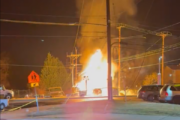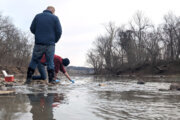This content is sponsored by Melwood.
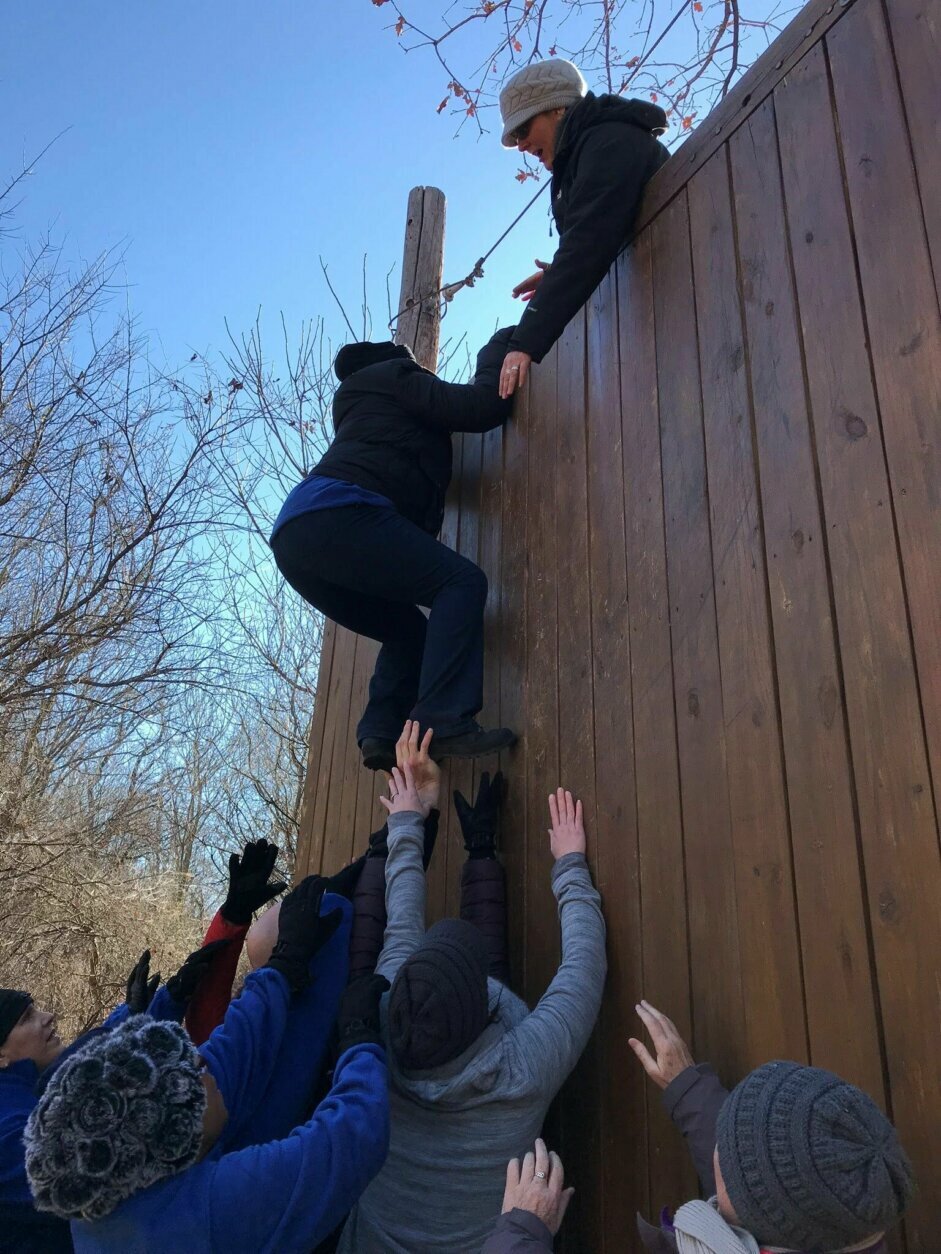
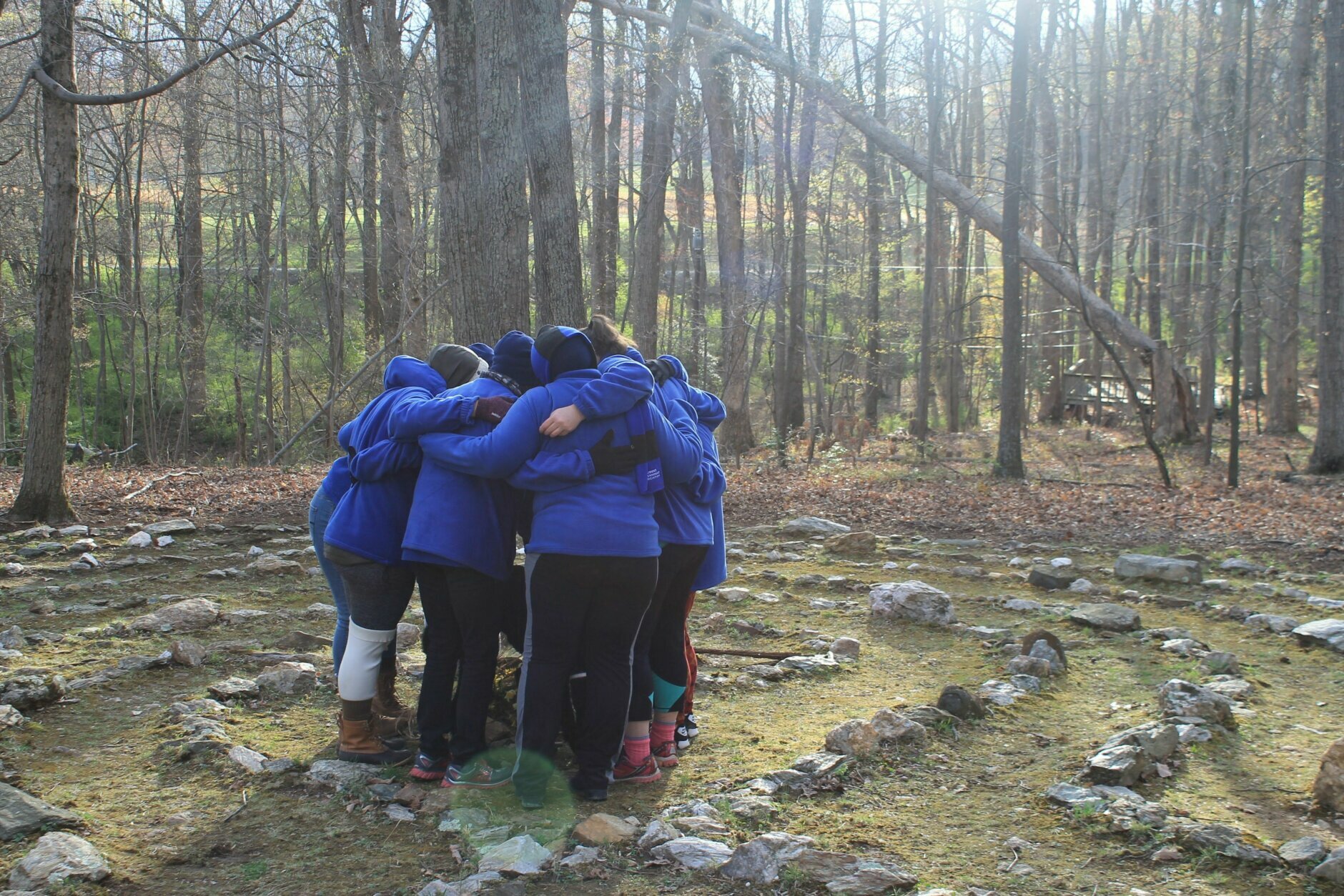
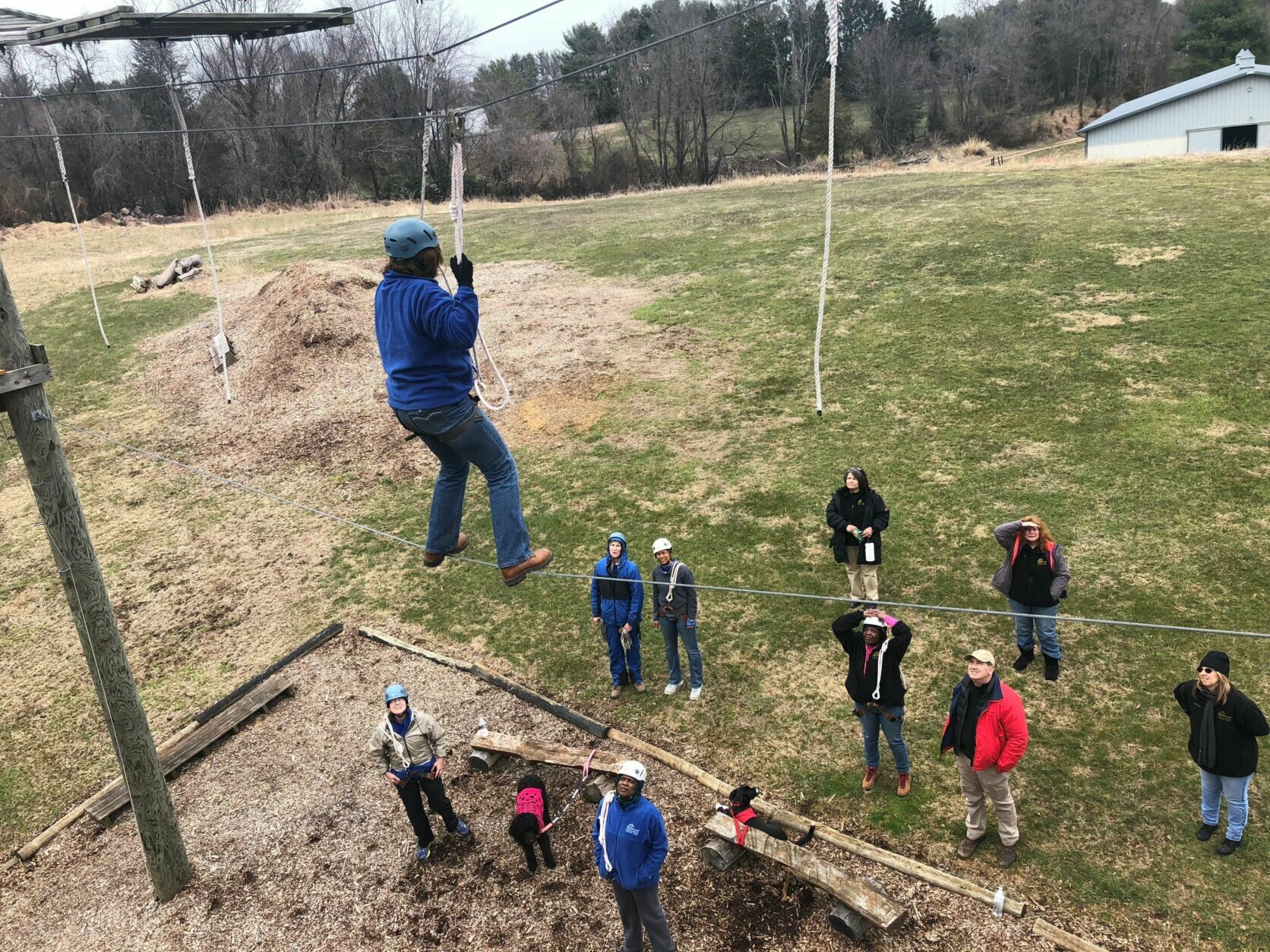
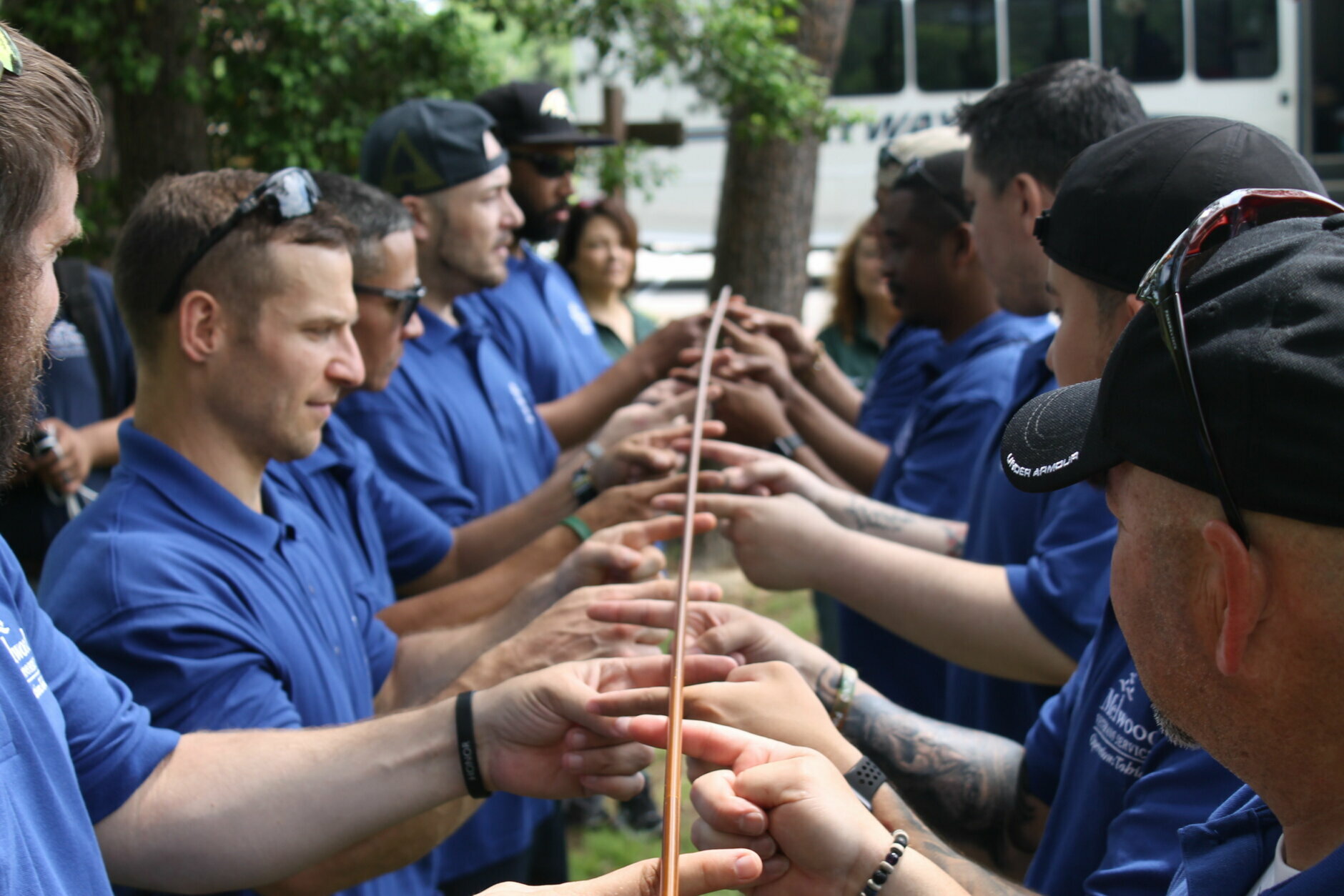
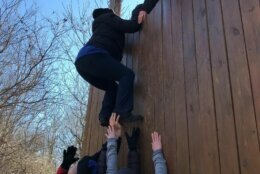
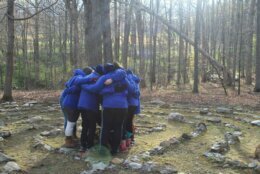
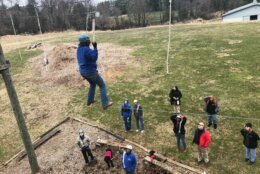
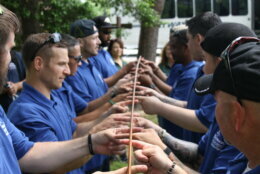
As the nation celebrates Veterans Day, we give thanks to our men and women in uniform for their service and sacrifice. However, many servicemembers living with aftereffects of military sexual trauma (MST) still struggle to find recognition and help for their injuries.
While most experts agree that the number of men and women who experience unwanted sexual acts in the military is much larger than the US Department of Defense estimate of about 23,000, there are still very few resources for those seeking help.
We recently spoke to Holly Long, an MST survivor about her experiences trying to get help.
“I served pre- and post-9/11 and I’ve seen first-hand how difficult it is for pre-9/11 veteran’s, especially women, to find organizations that welcome them and make their services available to them,” Long said.
Long was ultimately able to find the help she needed through a local nonprofit program for veterans that is one of the few organizations in the country offering free programs specifically designed for MST.
Melwood Veteran Services (MVS) is helmed by Retired Brigadier General David Blackledge who served for nearly four decades in the US Army and lives with PTSD from his multiple tours and injuries in Iraq.
According to Long, who attended the organization’s 5-day experiential MST retreat two years ago, “It was one of the most important things I’ve ever done to help recover and I still benefit today because I understand I will never be alone.”
The program, called Operation Tohidu, brings together a small group, between 8-16, veterans with similar traumas for five days and nights of outdoor activities and group discussion. The goal is to get veterans to open up about their injuries and learn to reframe their traumatic experience and drive transformation in their lives. The retreats take place at Melwood’s 108-acre recreation center in Nanjemoy, Maryland and include activities like ropes courses, zip lines, kayaks, equine therapy, yoga, and specialized group projects.
Long noted that one of the biggest advantages of the program for her was its inclusivity of all eras of military service.
“I was so happy to see women in their late 60s during my session,” said Long.
She summed up her experience by saying, “What impacted me most about Melwood’s Operation Tohidu was learning that I don’t always have to be in control, I can surrender to healing, and that community is so important.”
According to Blackledge, “There is an incredible need for programs like this right now and MST needs to be better understood by the general public.”
To date, Operation Tohidu has served over 1,200 veterans and the program has been shown to offer the same outcomes in five days as compared to six months of one-to-one therapy. It is these outcomes that have led to such a large demand from those in need. Currently, the waitlist for Operation Tohidu, which also offers non-MST based retreats for couples, men, and women with PTSD or other service-related traumas, has nearly 300 individuals who are seeking services. During the COVID-19 pandemic, MVS has been offering a virtual version of Operation Tohidu which has allowed the program to reach across the country, including to those who may not have been ready to make the trip to a live event. The two programs (live and virtual) are complimentary to one another and are allowing MST survivors to work through some of their traumas from the comfort of their own homes.
For more information about Melwood Veteran Services or Operation Tohidu, visit www.melwood.org/veterans-services or contact Travis Rahill at trahill@melwood.org.



